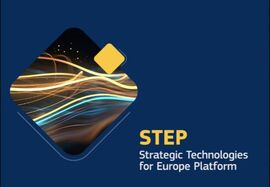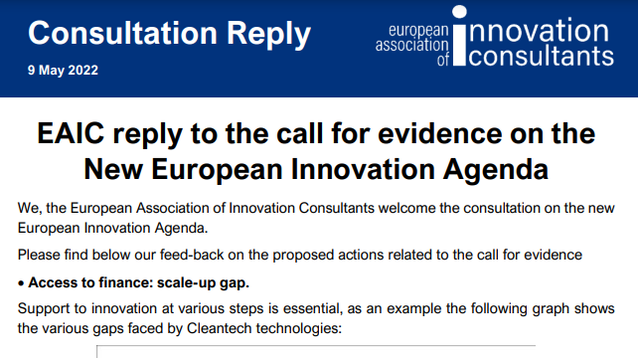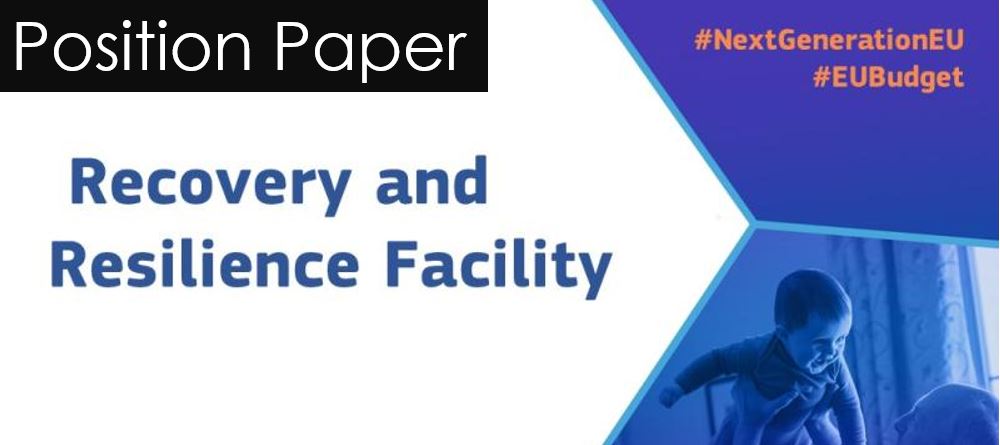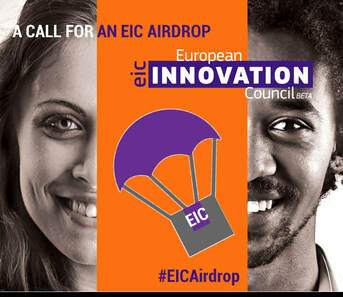News |
|
Today the European Association of Innovation Consultants (EAIC) releases a position paper analysing the EIC Accelerator (EICA) programme's performance and providing crucial recommendations for future work programmes. This document evaluates the November 2023 results against cumulative data, highlighting significant trends and making recommendations to enhance the EIC Accelerator's impact on the European deep-tech ecosystem. Key Findings and Recommendations 1. Declining success rates: The success rate for EICA interviews dropped to 17% in November 2023, resulting in an overall success rate of 4% for full applications. This decline is partly attributed to a preference for large investment components, which has been a consistent trend throughout 2023. 2. Funding distribution: In the last cut-off of 2023, €285 million was awarded to 47 candidates, with a substantial 86.8% allocated to blended financing candidates. This mirrors the annual trend where blended and equity-only financing dominated 84% of the funding. 3. Budget constraints: Severe budget cuts from 2023 onwards necessitate a clearer focus on the types of companies supported by the EIC Accelerator. The position paper suggests that current funding strategies are counterproductive given these constraints. 4. Recommendations: - Refocus on Grant-Only Cases: Prioritize a significant portion of the budget for grant-only projects to foster a transformation in the evaluation mindset and reduce perceived biases towards blended finance. - Limit Equity Requests: For blended finance applications, cap the maximum equity request at €5 million and introduce key milestones to ensure accountability and effective use of funds. The EAIC recommendations aim to enhance the EIC Accelerator's efficiency and attractiveness, ensuring it better supports high-potential, less mature companies essential for Europe's innovation landscape. EAIC advocates for the inclusion of tax incentives for Research and Development (R&D) within the BEFIT - Business in Europe: Framework for Income Taxation. EAIC Members are uniquely positioned to offer invaluable insights and expertise on how tax incentives can effectively catalyse R&D activities.
EAIC welcomes the opportunity to provide comments on the Proposal for a Council Directive on Business in Europe: Framework for Income Taxation (BEFIT) (COM(2023)532 final). EAIC recognises the relevance to introduce a common corporate tax system within the EU and the opportunity that arises with the BEFIT framework. It is time to position innovation within the new framework for taxation at the European level. To do so, EAIC calls on the European Union decision makers to build on the formerly proposed CCCTB (Common Consolidated Corporate Tax Base) to ensure that the European Union takes a leap in innovation. Due to the magnitude of the challenges Europe faces, and the geopolitical keys at play, the European Union must take advantage of this opportunity. The BEFIT is designed to create a more stable and predictable business environment in the EU. By reducing fiscal uncertainty, companies can plan long-term investment decisions and their R&D activities with more confidence. Therefore, it is important that the BEFIT proposal includes incentives for R&D, recovering part of the proposal for the CCCTB. This inclusion would allow BEFIT to offer an opportunity to improve the investment environment in Europe. EAIC recommends to:
Download EAIC response to the European Commission consultation here. The EIC Accelerator is the most impactful and coveted funding instrument that the EC has at its disposal to fund high-risk deep-tech innovation. The funding decisions made by the EIC in the coming years will durably shape the future of European deeptech, with €7 billion currently allocated to the EIC Accelerator to fuel the next European champions in strategic domains such as quantum, bioinformatics, high-performance computing, cybersecurity, cleantech, healthcare, etc.
As part of the revamp of the EU Multiannual Financial Framework (MFF) presented in June by the European Commission, the EIC is now in line for an extra €2.6 billion for the Accelerator programme to provide, via the EIC Fund, additional equity funding of €15-50 million to support scale-up of companies in three strategic areas: deeptech, cleantech and biotech. The EAIC commends the European Commission for this proposed reallocation of budget as access to sufficient capital post-initial funding will allow the selected scale-ups to continue their R&D efforts, scale their operations, and maintain a steady growth trajectory without resorting to non-European investors. However, early-stage startups are not targeted by this new EIC Fund compartment: they will have to rely on the normal EIC Accelerator budget, which will see a significant decrease in 2024, from €1.09 billion in 2023, to €563 million in 2024 available for new EIC Accelerator laureates. On Tuesday 10 May, EAIC submitted its contribution to the European Innovation Agenda call for evidence launched earlier in April by the European Commission.
The EC was seekign feed-back on Five essential action points it identified to improve Europe’s innovation performance:
The EAIC welcomes this initiative, we stress in particular the following:
This position paper summarises the opinion of the EAIC (European Association of Innovation Consultants). EAIC comprises 50 members present in 26 European Countries, supporting around 40% of all the companies awarded EIC Accelerator funding in 2021.
Feedback from the June 2021 cut-offBased on a survey of 23 of its members, the European Association of Innovation Consultants (EAIC) has released a position paper, which summarises the return of experience from the first batch of applicants about the design and usage of the submission tool.
|
Categories
All
Archives
July 2024
|










 RSS Feed
RSS Feed
